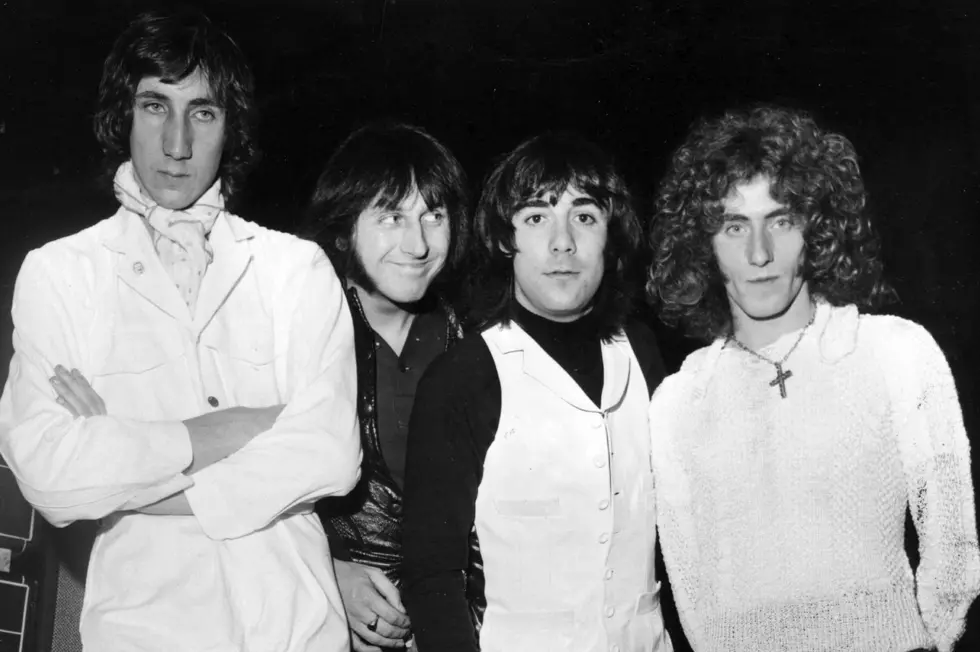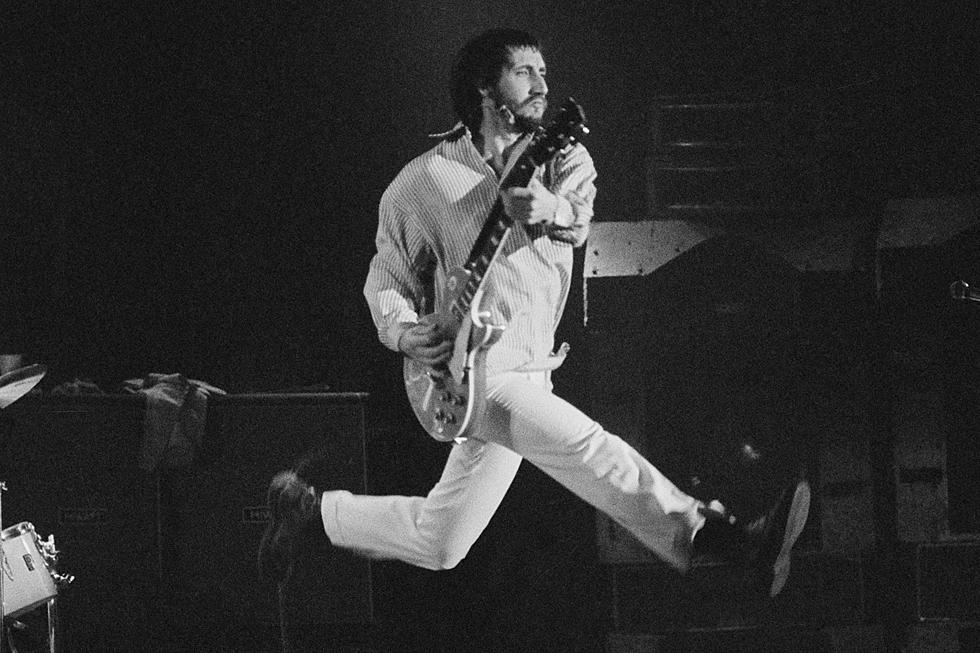
Pete Townshend Is Glad Keith Moon and John Entwistle Are Gone
The Who guitarist Pete Townshend expressed gratitude that late drummer Keith Moon and bassist John Entwistle were no longer in the band, recalling how they were “******* difficult to play with.”
However, he also said he has more affection than ever for singer Roger Daltrey as they prepare to release their new album Who on Dec. 6.
“It’s not going to make Who fans very happy, but thank God they’re gone,” Townshend told Rolling Stone in a new interview. “Because they were ******* difficult to play with. They never, ever managed to create bands for themselves. I think my musical discipline, my musical efficiency as a rhythm player, held the band together.”
He noted that Entwistle's "bass sound was like a Messiaen organ. Every note, every harmonic in the sky. When he passed away and I did the first few shows without him, with Pino [Palladino] on bass, he was playing without all that stuff. … I said, ‘Wow, I have a job.’ With Keith, my job was keeping time, because he didn’t do that. So when he passed away, it was like, ‘Oh, I don’t have to keep time anymore.’”
Townshend recalled that he used to say he loved Daltrey “with my fingers crossed." “Now, I like him too," he said. "I like all his eccentricities, his foibles, his self-obsession and his singer thing. Everything about him.”
He went on to recall a moment during the recording of the band's classic 1973 album Quadrophenia. “He did a version of ‘Love Reign O’er Me,’ which was like a wailing banshee scream," Townshend explained. "I turned to my engineer, Ron Nevison, and said, ‘This is a kid on a rock. He’s wet, he’s cold. He’s had the most awful day of his life. Everything’s gone. The last thing he’s going to do is scream out. He’s going to whimper.’ ”
On being persuaded to listen again, Townshend said, “Roger was in a booth; I couldn’t see him. I was hearing it from the mixing desk. And I listened back, and I thought, ‘****. He’s nailed it. He’s nailed it, because this is an internal voice.’ ... [Daltrey] becomes an actor. It’s almost like he’s a late ‘50s, early ‘60s method actor who, when you say, ‘Here’s the script,’ he goes, ‘Oh, uh … ’ and the directors go, ‘For ****’s sake, just say the words.’”
The Who Albums Ranked
More From 98.7 Jack FM










